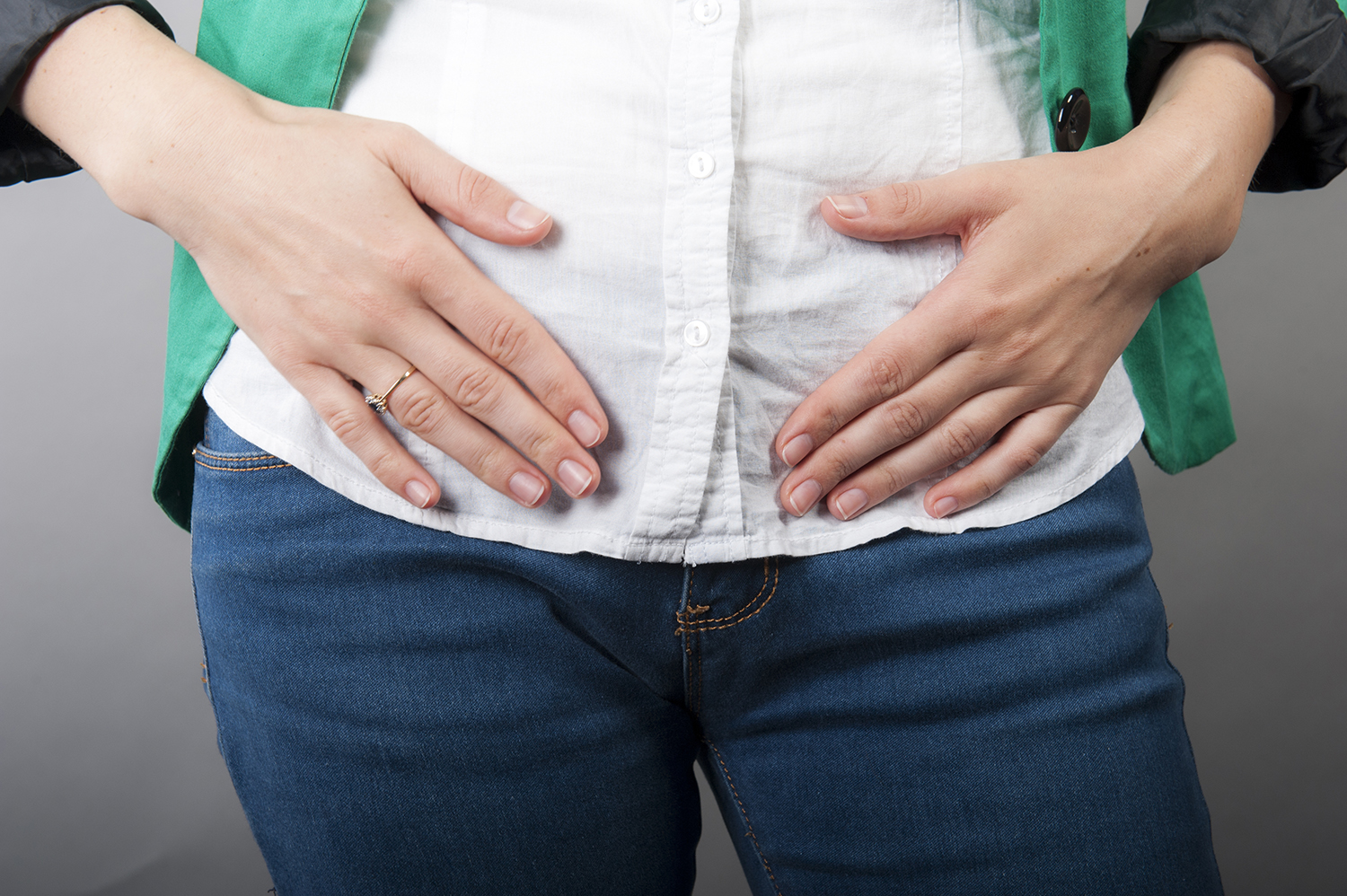Gotta Go Again? Could It Be Irritable Bowel Syndrome?

A problem with bowel habits is something people don't want to discuss, but when it affects your life, it may be time to take action. Commonly, irritable bowel syndrome (IBS) is to blame. Affecting up to 20 percent of the population, IBS is the most common functional gastrointestinal disorder and is diagnosed in men, women and children.
It is much more common in women. In fact, in women ages 20 to 50, prevalence of IBS has been reported as high as 40 percent.
IBS is considered a functional disorder because there is no sign of the disease when the colon is examined. The bloating, cramping, gassiness or changes in bowel habits associated with IBS significantly affects the quality of life and markedly disrupts daily life. IBS causes a great deal of discomfort, but it is not believed to:
- Cause permanent harm to the intestines
- Lead to intestinal bleeding of the bowel
- Lead to a serious disease such as cancer
What are the symptoms of irritable bowel syndrome?
Each individual may experience IBS differently, but the most common symptoms include:- Crampy abdominal pain
- Painful constipation and/or diarrhea
- Alternating constipation and diarrhea
- Possibly mucus in the bowel movement
What causes irritable bowel syndrome?
The process of digestion through the gastrointestinal system (GI) is a very complicated and well-organized process. The GI tract has its own muscles and nerves that connect, like an electrical circuit, to the spinal cord and brain. Neuromuscular events occurring in the GI track are relayed to the brain through neural connections, and the response of the brain is also relayed back to the gastrointestinal tract. As a result of this activity, motility and sensation in the bowel are generated. An abnormality in this process results in a disordered propulsion of the intestinal contents, which generates the sensation of pain. The exact cause of IBS is unknown. One theory is a person with IBS may have a colon that is more sensitive and reactive than usual, so it responds strongly to stimuli that would not affect others. The colon muscle of a person with IBS then begins to spasm after only mild stimulation or ordinary events such as the following:- Eating
- Distention from gas or other material in the colon
- Certain medications
- Certain foods
What are triggers for IBS?
The most likely triggers for IBS are diet and emotional stress. Eating causes contractions of the colon, normally causing an urge to have a bowel movement within 30 to 60 minutes after a meal. With IBS, however, the urge may come sooner, accompanied by cramps and diarrhea. In some cases, a high fiber diet can reduce symptoms. In addition stress stimulates the colon to spasm in people with IBS. Although not completely understood, it is believed to be because the colon is partly controlled by the nervous system. Counseling and stress reduction techniques can help relieve the symptoms of IBS.How is IBS diagnosed?
To determine if you have IBS, your doctor will obtain a thorough medical history, perform a physical examination and obtain screening laboratory tests to assess for infection and inflammation.Tips for Treating IBS
The present therapy for IBS is treatment to manage symptoms including changes in diet and medications as well as managing stress. Keep in mind these tips:- Eating a proper diet is important with IBS. In some cases, a high-fiber diet can reduce the symptoms. Keeping a list of foods that cause distress, and discussing the finding with a doctor or registered dietician can help.
- Fiber supplements or laxatives may be needed. For some patients antispasmodic medications, tranquilizers or antidepressants relieve symptoms. Others benefit from serotonin 5-HT receptor modulators to improve motility and decrease the hypersensitivity.
- Learn to manage the stress. Regular exercise is a great way to relieve stress; plus it helps ease constipation.
Note: The content of this blog is for informational purposes only. It is not intended for use as diagnosis or treatment of a health problem or as a substitute for the professional consultation of a physician or qualified health care provider. If you have specific questions or concerns regarding a health or medical condition, contact your physician or a licensed health care professional.

